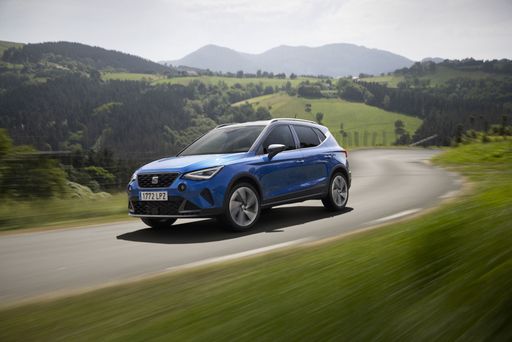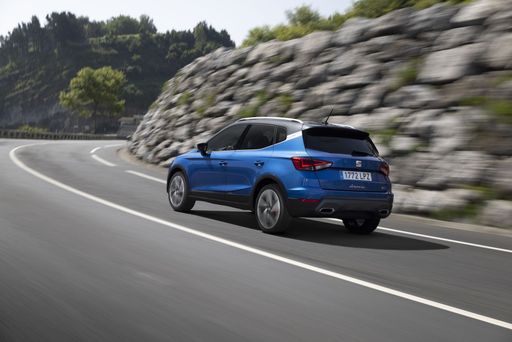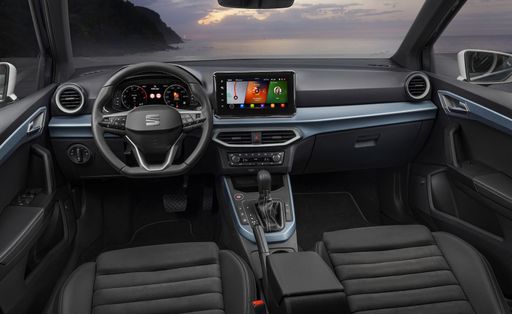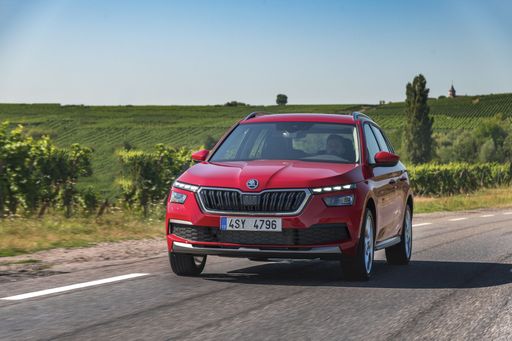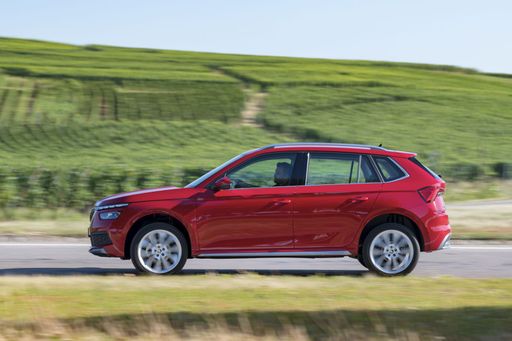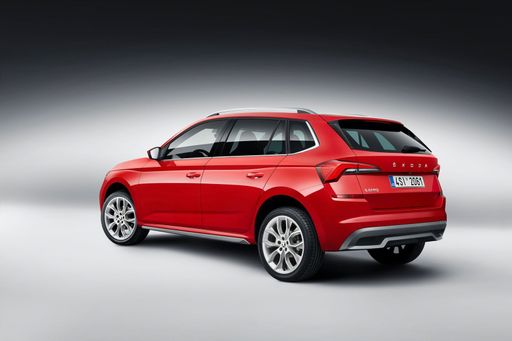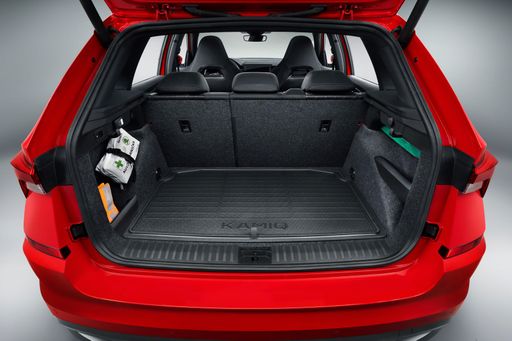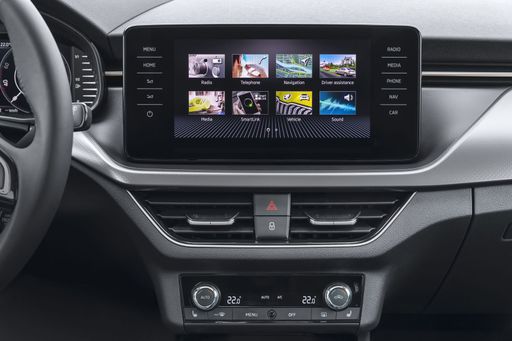Street Style Showdown
The visual personalities could not be more different: the SEAT Arona flirts with sporty angles and youthful attitude, while the Skoda Kamiq opts for a restrained, practical elegance that ages well. Both wear their identities confidently, so your choice starts with whether you want to stand out or blend in with sensible flair. Either way, the styling sets expectations for how each car behaves on the road.

